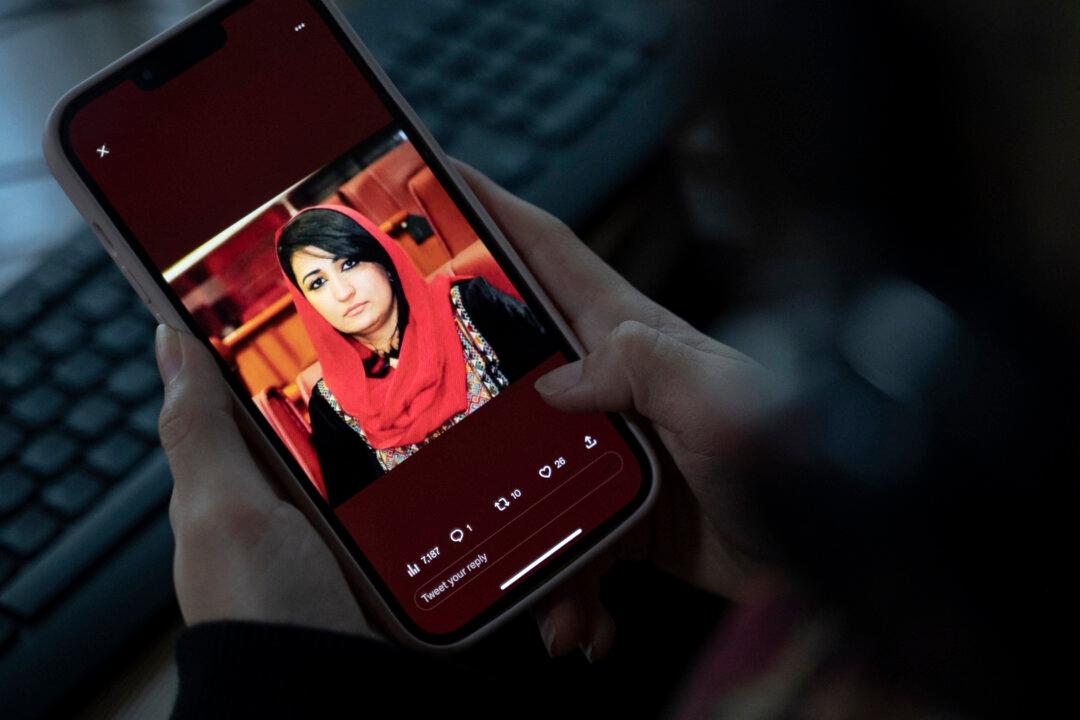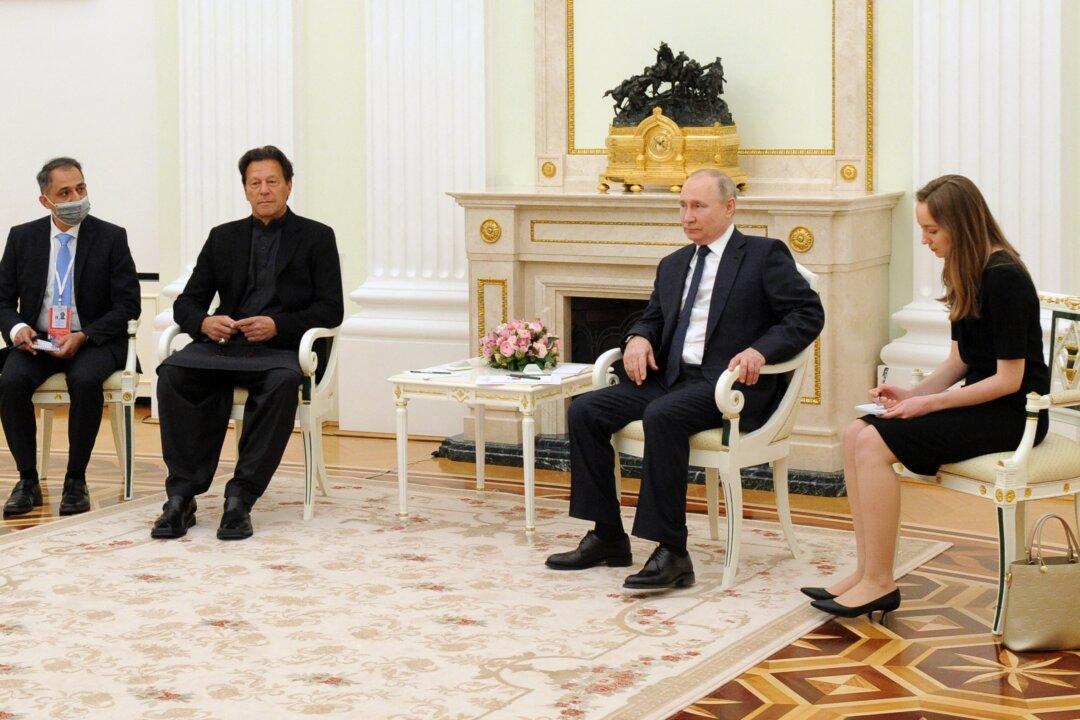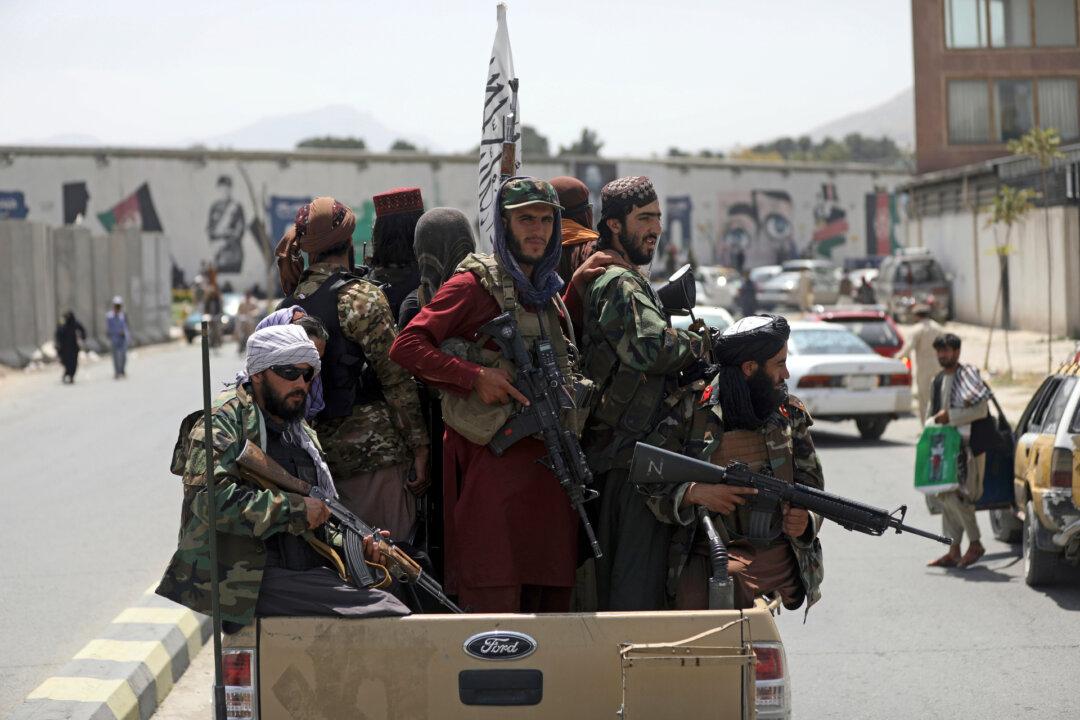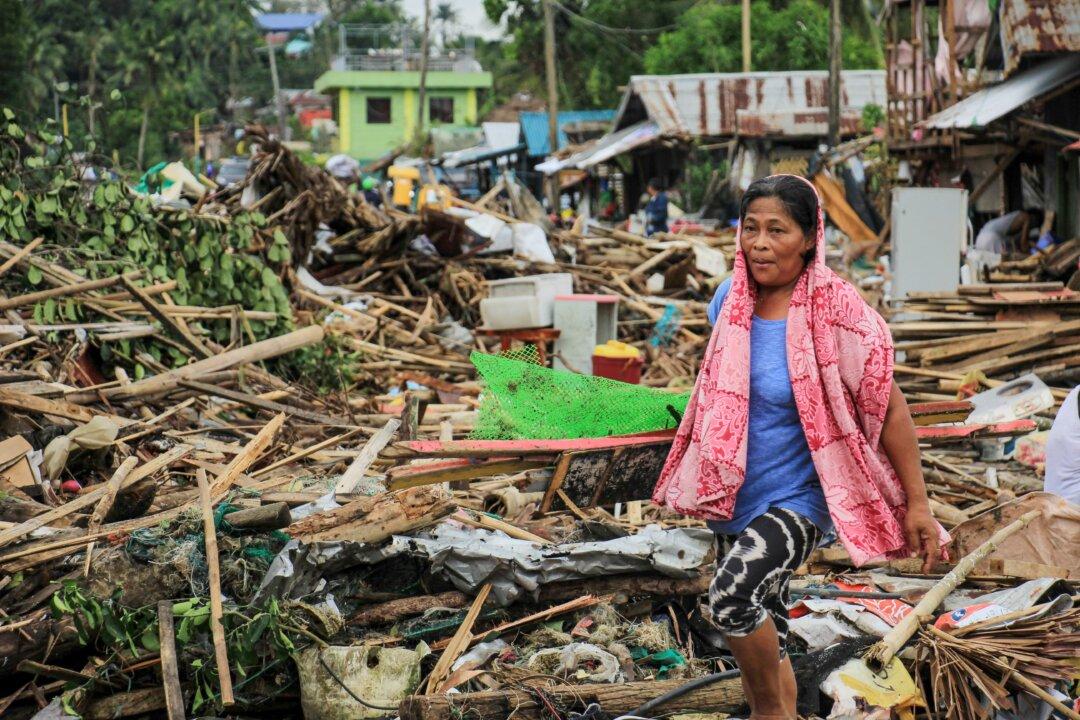WHITE HOUSE—U.S. First Lady Melania Trump on Oct. 1, is set to begin her first solo international trip since her husband took office, visiting four African countries to promote the message of her “Be Best” child-welfare initiative.
“Each of us hails from a country with its own unique challenges,” Mrs. Trump told a reception in New York on the sidelines of the U.N. General Assembly Wednesday, “but I know in my heart we are united by our commitment to raising the next generation to be happy, healthy and morally responsible adults.”



